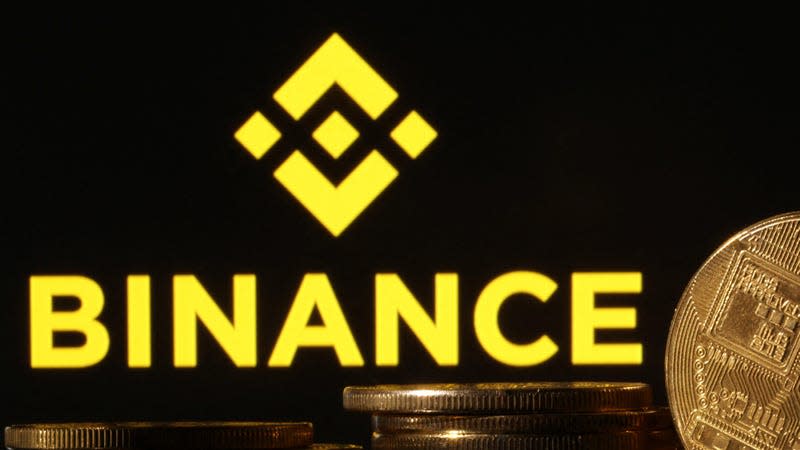Why the SEC is suing Binance

The US Securities and Exchange Commission (SEC) has sued Binance, the world’s largest crypto exchange by volume, alleging that the company sold unregistered securities in the US.
The company also faces a lawsuit from the US Commodities and Futures Commission (CFTC) alleging that the exchange sold unregistered commodities derivatives to US retail investors.
Read more
Founded by “CZ” Changpeng Zhao in 2017, Binance was built to address what CZ found lacking in crypto market infrastructure, namely technical architecture, security, liquidity, and customer and language support.
Binance.US vs Binance.com
The company created two separate entities for its US arm, with the expressed intent of escaping the ire of American regulators. Binance.US was run by BAM Management and BAM Trading, and would only serve Americans and be run by separate executives, while Binance.com served everyone else around the globe.
The SEC, however, alleges that the international company and US arm both were run by CZ and that some American customers were served by the international arm. This would give the SEC broader jurisdiction to go after all of Binance in an enforcement action.
BNB, BUSD, etc.
The regulator alleges that Binance Coin (BNB), Binance USD (BUSD), Simple Earn, and BNB Vault were all unregistered securities in the US.
Here’s a breakdown of what these crypto financial instruments entail:
BNB is a token issued by the exchange which was initially created as a utility token that offer discounts on trading.
BUSD is a dollar backed stablecoin issued by Paxos and Binance.
Simple Earn provides a variety of products including lending, staking, and liquidity farming.
The BNB Vault Product is an investment product that pooled customer money into several different yield bearing products without forcing funds to be locked up.
The SEC suit also said the following cryptocurrencies are unregistered securities: Solana (SOL), Cardano (ADA), Polygon (MATIC), Coti (COTI), Algorand (ALGO), Filecoin (FIL), Cosmos (ATOM), Sandbox (AXS), and Decentraland (MANA).
More from Quartz
Sign up for Quartz's Newsletter. For the latest news, Facebook, Twitter and Instagram.


